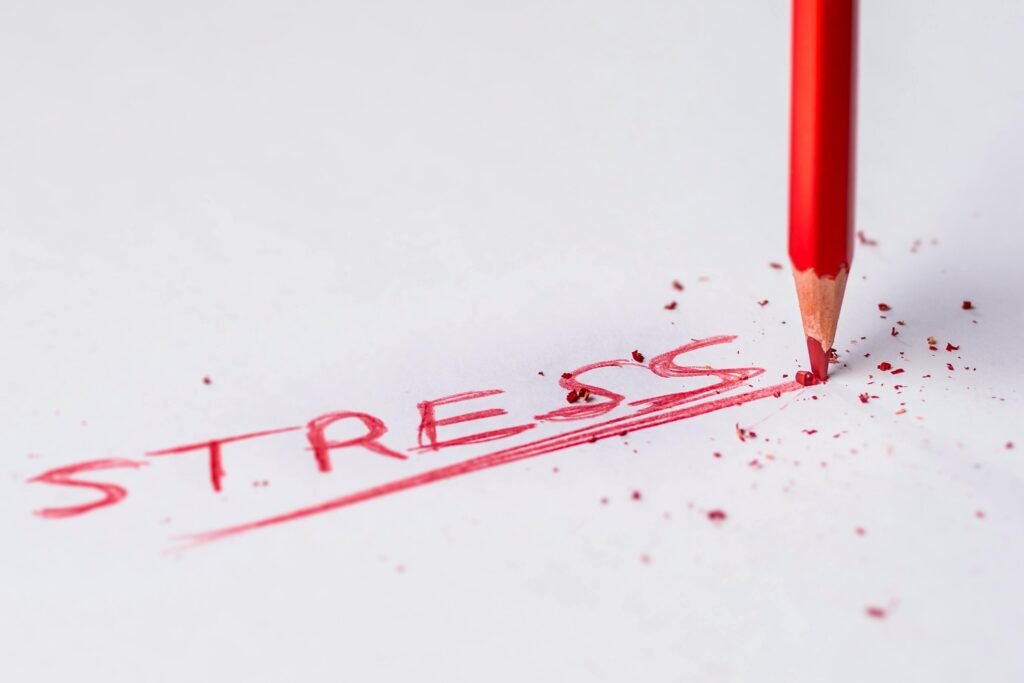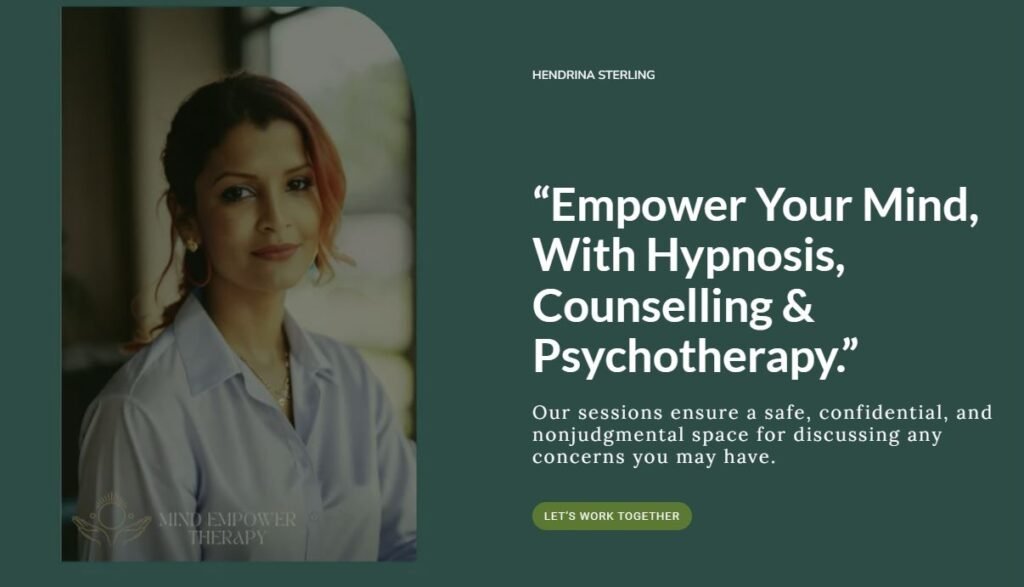Stress is an inevitable part of life, affecting individuals in various ways. While some stress can be motivating, chronic or overwhelming stress can lead to serious health issues, both mentally and physically. Developing effective coping strategies is essential for managing stress and enhancing overall wellbeing. In this article, we will explore various techniques to help you cope with stress more effectively.

Understanding Stress
Before diving into coping strategies, it’s essential to understand what stress is. Stress is the body’s response to external pressures or challenges, often termed “stressors.” These can be related to work, relationships, financial concerns, or life changes. Stress can manifest in several ways, including anxiety, irritability, fatigue, and physical symptoms like headaches or digestive issues.
Recognizing Your Stress Triggers
Identifying what causes you stress is the first step in managing it effectively. Keeping a stress diary can help you track stressors and your reactions to them. Look for patterns that reveal your most common triggers, which can be pivotal in developing a tailored coping strategy.
Effective Coping Strategies
1. Practice Mindfulness and Meditation
Mindfulness involves being present in the moment and fully engaging with your thoughts, feelings, and surroundings. Practicing mindfulness can reduce stress levels and enhance emotional regulation. Meditation, which can be a component of mindfulness, helps quiet the mind and promotes relaxation. Consider setting aside time each day for mindfulness exercises or guided meditation.
2. Exercise Regularly
Physical activity is one of the most effective ways to reduce stress. Exercise releases endorphins, the body’s natural mood lifters, and can improve sleep quality. Aim for at least 30 minutes of moderate exercise most days of the week. Find an activity you enjoy, whether it’s jogging, dancing, yoga, or swimming, to make it easier to stick with.
3. Establish a Routine
Having a structured daily routine can provide a sense of stability and predictability, which can help alleviate stress. Establishing a routine that includes time for work, relaxation, and self-care can create a balanced lifestyle.
4. Practice Deep Breathing
Deep breathing exercises can help calm the mind and reduce physical tension. Try the 4-7-8 technique: inhale deeply for 4 seconds, hold the breath for 7 seconds, and exhale slowly for 8 seconds. Repeat this several times to induce relaxation.
5. Stay Connected
Maintaining social connections is vital for emotional health. Talking to friends or family about your feelings can provide support and perspective. Consider reaching out to loved ones when you’re feeling overwhelmed, or joining a support group where you can share your experiences.
6. Limit Caffeine and Alcohol
While caffeine and alcohol may seem like quick fixes for stress, they can exacerbate anxiety and disrupt sleep patterns. Try to limit your intake of these substances and opt for herbal teas or water instead.
7. Get Adequate Sleep
Sleep is essential for emotional and physical health. Aim for 7-9 hours of quality sleep each night. Establish a calming bedtime routine, limit screen time before bed, and create a comfortable sleep environment.
8. Engage in Creative Outlets
Expressing yourself creatively can be an effective way to cope with stress. Whether through painting, writing, music, or another creative activity, engaging in self-expression can provide a healthy outlet for your feelings and foster a sense of accomplishment.
9. Set Realistic Goals
Overcommitting can lead to burnout and increased stress levels. Set realistic, achievable goals for yourself, both in your personal and professional life. Break larger tasks into smaller, manageable steps to make them less overwhelming.
10. Seek Professional Help
If stress becomes unmanageable or leads to anxiety or depression, seeking professional help is crucial. A therapist can provide strategies tailored to your specific situation and help you develop healthier coping mechanisms.
Conclusion
Stress is a natural part of life, but it doesn’t have to control your wellbeing. By implementing effective coping strategies, you can manage stress more effectively and enhance your quality of life. Remember, coping with stress is a personal journey, and it’s essential to find what works best for you. Embrace these strategies, and empower yourself to face life’s challenges with resilience and confidence.


Leave a Reply